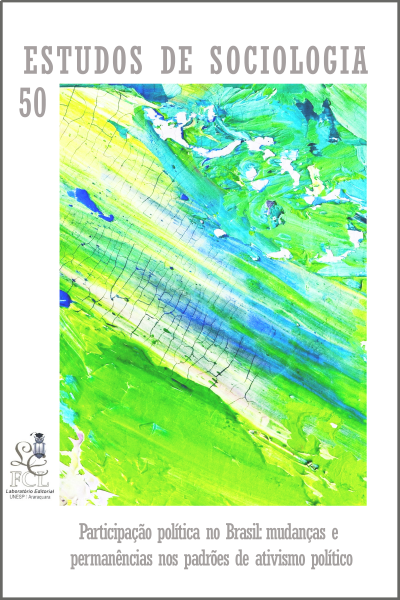Government mediation and the formation of associativism
implications of clientelism, participation and representation in Curitiba, Paraná
DOI:
https://doi.org/10.52780/res.14724Keywords:
Community associations, Clientelism, RepresentationAbstract
The debate about the setting of neighborhood associations and their relationship with political institutions has been historically approached from perspectives which denote a certain negative perception, resulting from outdated political relations, apolitical relations and from the inaction of representatives. This article problematizes the consolidated concepts regarding the associativisms and urban mediation by demonstrating the intentionality of the political projects which constitute such interactions. The text makes use of information about the establishment of neighborhood associations in Curitiba, Paraná, and the strong consensual interaction between local leaders and the municipal government in the last 30 years, building electoral support, developing institutional instances of political representation, fostering the transit of civil society leaders into the government. Also, it shows how participatory institutions are employed to minimize conflicts with other agents from the civil society and the municipal government.
Downloads
Downloads
Published
How to Cite
Issue
Section
License

À revista Estudos de Sociologia ficam reservados os direitos autorais pertinentes a todos os artigos nela publicados.
Os artigos publicados e as referências citadas na revista Estudos de Sociologia são de inteira responsabilidade de seus autores.
A Estudos de Socilogia utiliza a licença https://creativecommons.org/licenses/by/4.0/ (CC BY), que permite o compartilhamento do artigo com o reconhecimento da autoria.



